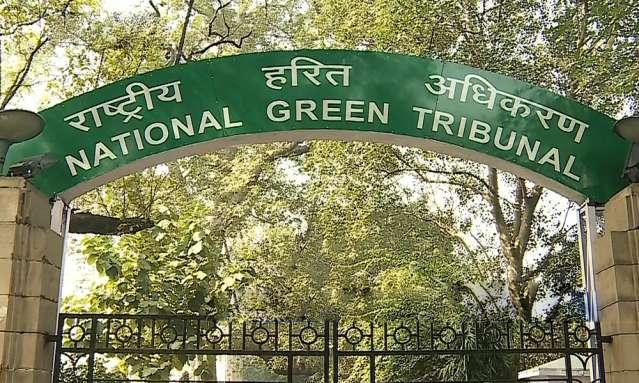
Supreme Court criticises National Green Tribunal for unilateral decision making
text_fieldsNew Delhi: The Supreme Court has reprimanded the National Green Tribunal (NGT) for its recurrent involvement in unilateral decision-making, cautioning against overlooking propriety in its pursuit of justice.
The stern observations were part of the court's verdict on appeals filed by a Delhi-based business, challenging two NGT orders that imposed fines on the company without providing an opportunity to be heard, citing environmental pollution.
The Supreme Court bench of Justices P S Narasimha and Aravind Kumar, in their January 30 order, expressed concern about the NGT's tendency for unilateral decisions, post-facto review hearings, and routine dismissals. The court emphasised that the NGT's zealous pursuit of justice must be exercised with caution to maintain propriety.
The bench criticised the practice of issuing ex-parte orders and imposing significant fines without proper hearings, deeming it counterproductive to environmental protection. The court noted that these NGT orders consistently faced stays from the Supreme Court, undermining commendable efforts in environmental safeguarding.
Highlighting the need for procedural integrity, the Supreme Court urged the NGT to strike a balance between justice and due process, emphasising the importance of fairness in its actions. The court suggested that the NGT should reclaim its standing as a guardian of environmental protection by infusing a renewed sense of procedural integrity.
The appeals before the Supreme Court originated from NGT orders dated August 31, 2021, and November 26, 2021, where fines were imposed in suo motu proceedings for environmental pollution without issuing notices to the project proponents. The court set aside these orders and remanded the matter back to the NGT, directing it to issue notices, hear all affected parties, and pass appropriate orders.
While clarifying that the order does not address the merits of the matter, the Supreme Court emphasised that actions violating statutory and environmental norms would face strict scrutiny and legal consequences.






















